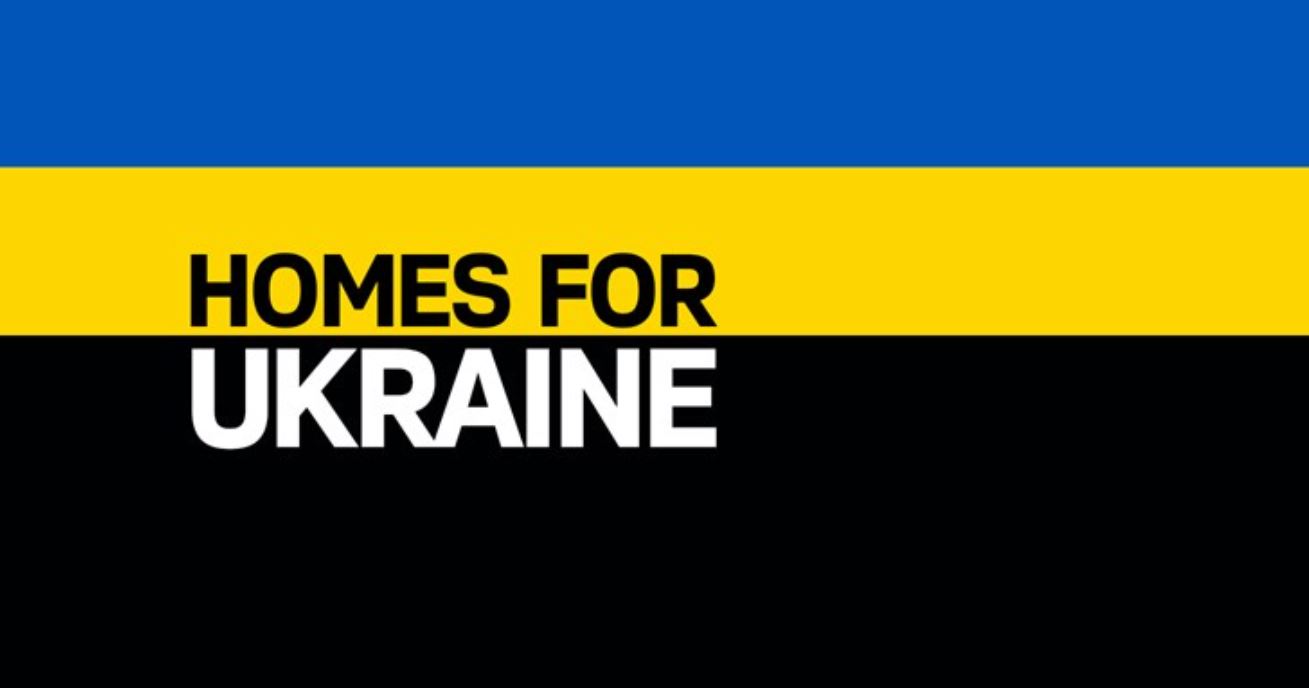‘Homes for Ukraine’ a reality or a myth?
The challenging reality of the UK’s policy response toward the Ukraine crisis, and the missing elements of the UK’s policy response toward newly arrived Ukrainians.

The war in Ukraine has created the biggest European refugee crisis since World War Two. By May 2023, over 175,000 displaced Ukrainians have arrived in the UK.
The emergency responses toward Ukrainian refugees in Europe and the UK were beyond the scope of any other refugees in modern history. Unlike many UK responses towards migrants in the UK, in this instance policies – both the Ukraine Family Scheme and the Ukrainian Sponsorship Scheme – were widely dependent on UK citizens and residents whether they are family members of Ukrainians or simply concerned individuals lending a hand to other Europeans in need. It is the ‘moral argument’ as Richard Machin’s article concludes that the UK government relied on to conceive this response. The support package for Ukrainians in UK fell short when compared to other EU countries. However, the ‘bespoke humanitarian package’ promoted Ukrainians'’ immediate access to the welfare system, health, education, housing and right to work, which is commendable. However, the ‘fragility’ lies in the mechanism through which the support was provided (Machin, 2023a).
The challenging reality of the UK’s policy response toward newly arrived Ukrainians:
In addition to the long waiting time for visa and entry permits to the UK, Ukrainians faced other challenges associated with the reliance on individuals' human morality to sustain the livelihood of Ukrainian people in the UK. The common disputes often associated with social relationship have been attributed to miscommunication, culture or personality clashes have resulted in homelessness for Ukrainians.
The temporality of the agreement (6 month hosts) have not taken into account the barriers for refugees' access to work, housing or welfare support such as Universal credit go beyond the legal access. These barriers are often associated with language, recognition of prior education and certification, the length of processing application for welfare support, the unfamiliarity with UK government service systems, and the already stretched public services particularly the waiting list of NHS post covid and the admission of children and young people into formal schooling.
The discrepancies between the two schemes created challenges for everyone involved, the new arrivals, the hosts, local authorities, and the government. For example, the Ukrainian Family scheme hosts did not receive any financial support to host their newly arrived family members while those arriving on the Ukrainian sponsorship scheme secured their hosts £350/month, increasing to £500/month if the arrangement lasts longer than 12 months. Overall, along the Ukrainian Sponsorship scheme there was different pots of funding allocated for local authorities for education and community integration. The Ukrainian family scheme had no local authority allocated financial support for local authorities.
The missing elements of the UK’s policy response toward newly arrived Ukrainians:
The enactment of a policy presents its complexity in any context. For the migration context, it is exacerbated. The effectiveness of the policy was minimised given the already overwhelmed NHS, lack of schooling, the cost-of-living crisis, it also failed to actively include the local authorities in the inception of the schemes. The lack of engagement with local authorities meant that the government missed on ‘benefitting from the Local Government Association’s set of good-practice examples for effective partnership work between LAs and the voluntary sector, drawing on partnerships established during COVID-19' (Machin, 2023b). This has also meant that the ‘sponsorship form was not reviewed with adequate data validation mechanisms in place to allow LAs to complete timely and appropriate checks’ (Ibid).
There were also safeguarding concerns by the UN Refugee agency and charities relating to exploitation as the relevant checks have sometimes not been carried by Local Authorities or the home office to ensure the appropriateness of the hosting arrangements. The latter was among other concerns mentioned in Richard Machin’s policy briefing which stresses that the ‘responsibility for Ukrainian welfare support should fall under the remit of a dedicated Minister for Refugees rather than the Minister for Immigration.’ This raises questions regarding the conceptualisation of refugees and the refugee label itself.
Moving Forward:
Moving forward from the policy of resettling Ukrainians in the UK requires a comprehensive approach that extends beyond immediate housing needs. This entails facilitating integration programs, language assistance, and employment opportunities to ensure the livelihood of of Ukrainians in the UK. We would like to hear from any individual or organisation working on the front lines supporting Ukrainians and other forced migrants in the UK. If you wish to join our call for solidarity, please contact notts.civicex@ntu.ac.uk
References:
Machin, R. (2023a). The UK – a home for Ukrainians? An analysis of social security and housing policy, Journal of Poverty and Social Justice, 31(2), 298-305. Retrieved Aug 23, 2023, from https://doi.org/10.1332/175982723X16770921278736
Machin, R. (2023b) POLICY BRIEFING: How can UK social welfare provision be improved for displaced Ukrainians? Available at Transforming Society ~ POLICY BRIEFING: How can UK social welfare provision be improved for displaced Ukrainians?
Nottingham Civic Exchange
Nottingham Civic Exchange has been established by Nottingham Trent University to maximise research, policy and practical impact by bringing together university expertise with partners seeking to address the needs of communities. Nottingham Civic Exchange acts as a resource to look at social and economic issues in new ways. This means facilitating debate, acting as a bridge between research and policy debates, and developing practical projects at a local, city and regional level.
Visit our website - www.ntu.ac.uk/nce Contact us - notts.civicex@ntu.ac.uk Follow us - @NottsCivicEx
- Subject area: Politics and international studies
- Category: Nottingham Civic Exchange; School of Social Sciences


